An earthy, fresh, near fruity aroma with a hint of lilac.
Nerolina Essential Oil
Price range: $14.50 through $385.00
Description
Nerolina Essential Oil
Nerolina essential oil is a distinctly unique oil. Although the tree looks like a paperbark, the essential oil contained in the Nerolina leaf is quite different with an aromatic, earthy, fruity aroma enlivened by a hint of lilac.
Botanical name Melaleuca quinquenervia CT ‘Nerolina’
Ingredients 100% v/v pure Nerolina essential oil.
Nerolina Essential Oil Aroma
An earthy, fresh near fruity aroma with a hint of lilac.
Benefits
Good for relaxing, calming, remove bad room smells. Also excellent added into cleaning products for cleaning sheets, blankets, pets blankets and rugs.
Uses
Use in an oil burner, air purifier, air freshener or potpourri.
Can be added to massage oil or a bath.
Add a couple drops to you cloth vacuum bag, floor washing water or washing machine when cleaning sheets, blankets, pet blankets or rugs.
Add to hair and scalp cleaning products too.
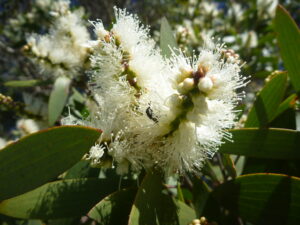
Nerolina flower with bee
MORE INFO
Directions and More Uses
Aromatherapy Oil
2 to 4 drops in an oil burner or vaporiser
1-10 drops into a bath
Add to hair and skin wash products for children with problem scalps – add 5% Nerolina to shampoos and washes.
Blend Nerolina essential oil with
Essentially Australia Oils: Lemon Myrtle Essential Oil, Rosalina Essential Oil, Australian Sandalwood Essential Oil, Tea Tree Essential Oil
Massage
10 to 25 drops per 100ml of carrier oil.
Main Actives
linalool, e-nerolidol, 1,8 cineole, alpha-terpineol alpha-pinene.
Precautions
Store away from direct sunlight.
Store below 30 degrees.
Keep out of reach of children.
Other Common Names
Broad leaved Paperbark, Paperbark Tea Tree, Tea Tree.
Natural Occurrence in Australia
Nerolina trees naturally occur in the swampy lowlands of New South Wales, Queensland and the Northern Territory. The tree is very prevalent within its natural range, however the Nerolina CT (Chemotype) is a little less common. It grows to 20 metres in the wild and is found inhabiting areas in and around swamps.
Nerolina Essential Oil Characteristics
Clear to amber yellow in colour; watery consistency; scent citrus/lemony,
Extraction and Farming Method
Nerolina essential oil is extracted through steam distillation of the leaves and green branchlets. It is grown in plantations in both northern New South Wales and Queensland with limited wild harvesting of these trees for essential oil production.
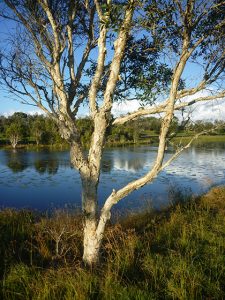
Nerolina tree, Byron Bay wetlands
History
Traditional Usage
Fresh leaves from the tree were wrapped around affected areas of the body.
Early European Usage
These trees were occasionally wild harvested for their value as an essential oil. Apiarists also take advantage of the prolific flowering of the Nerolina and locate their hives close to the trees to aid their honey production.
Present Day Usage
Nerolina essential oil has been used scenting a room, for some it has a fruity note, which is fresh and appealing. The essential oil can be used in washing products, helping to relieve blankets from smelly infestations. The flowers also provide an important source of nectar for commercial honey bees.
Typical Chemical Profile of Nerolina Essential Oil
alpha-pinene 0.5-6%
cineole 1,8 1-10%
limonene 3-10%
linalool 30-68%
alpha-terpineol 0.1-4%
e-nerolidol 20-50%
Relative Density @ 20 C: 0.880-0.910
Refractive Index @ 20 C 1.4880-1.4900
Optical Rotation +3.5-+12.0
Additional information
| Weight | .06 kg |
|---|---|
| Dimensions | 2.5 × 2.5 × 7 cm |
| Size | 12ml, 25ml, 100ml, 1kg |


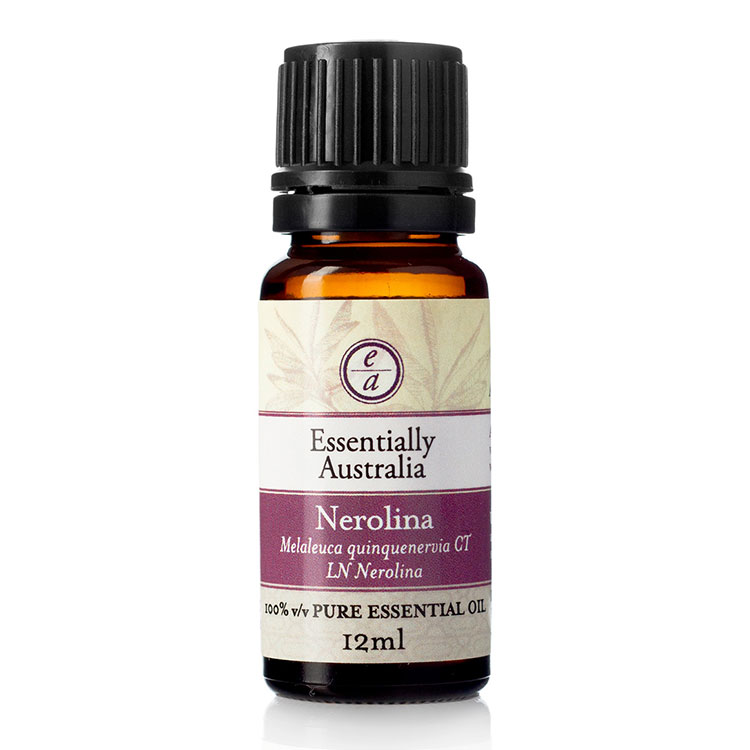
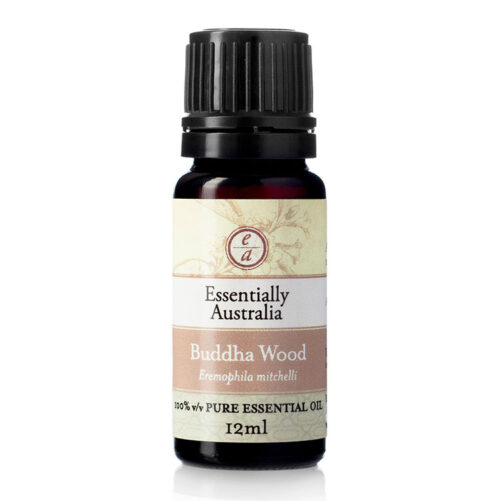
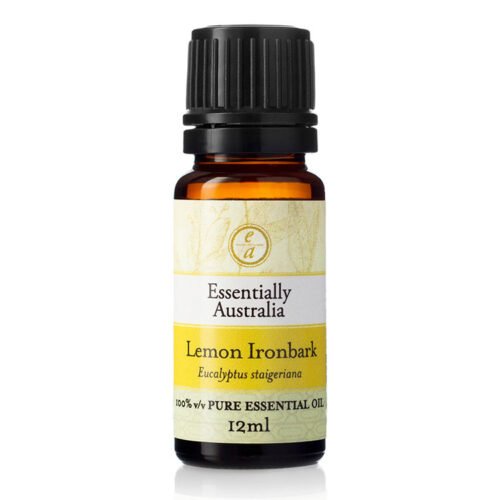
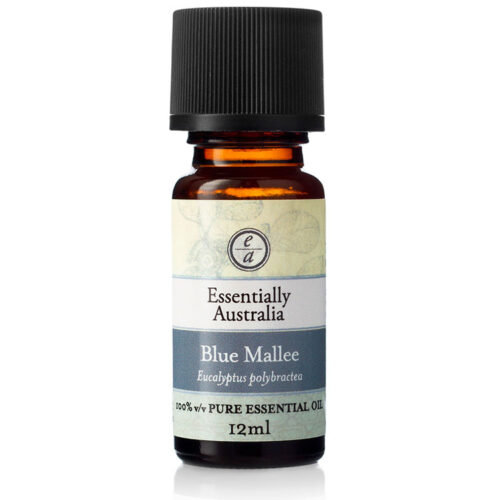
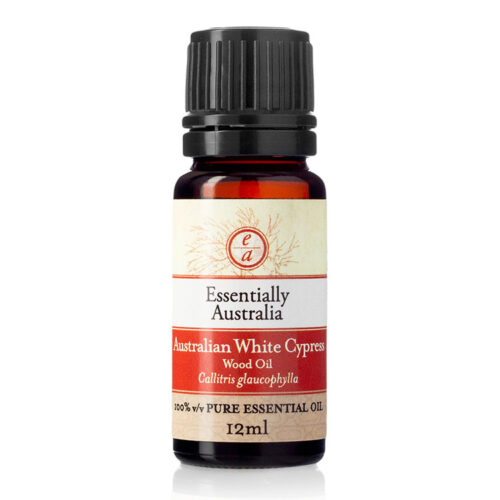
Very happy to have this back in my kit. Love the aroma as we start Autumn
Hi Veronica, it is an unusually fruity oil along with the nerolidol scent, many thanks.
A delightful scent that reminds me of Australia’s landscape
This is new to my collection of essential oils. I thought it will have identical aroma with Neroli because of its common name but the smell is more similar with tea tree with a gist of fruity smell.